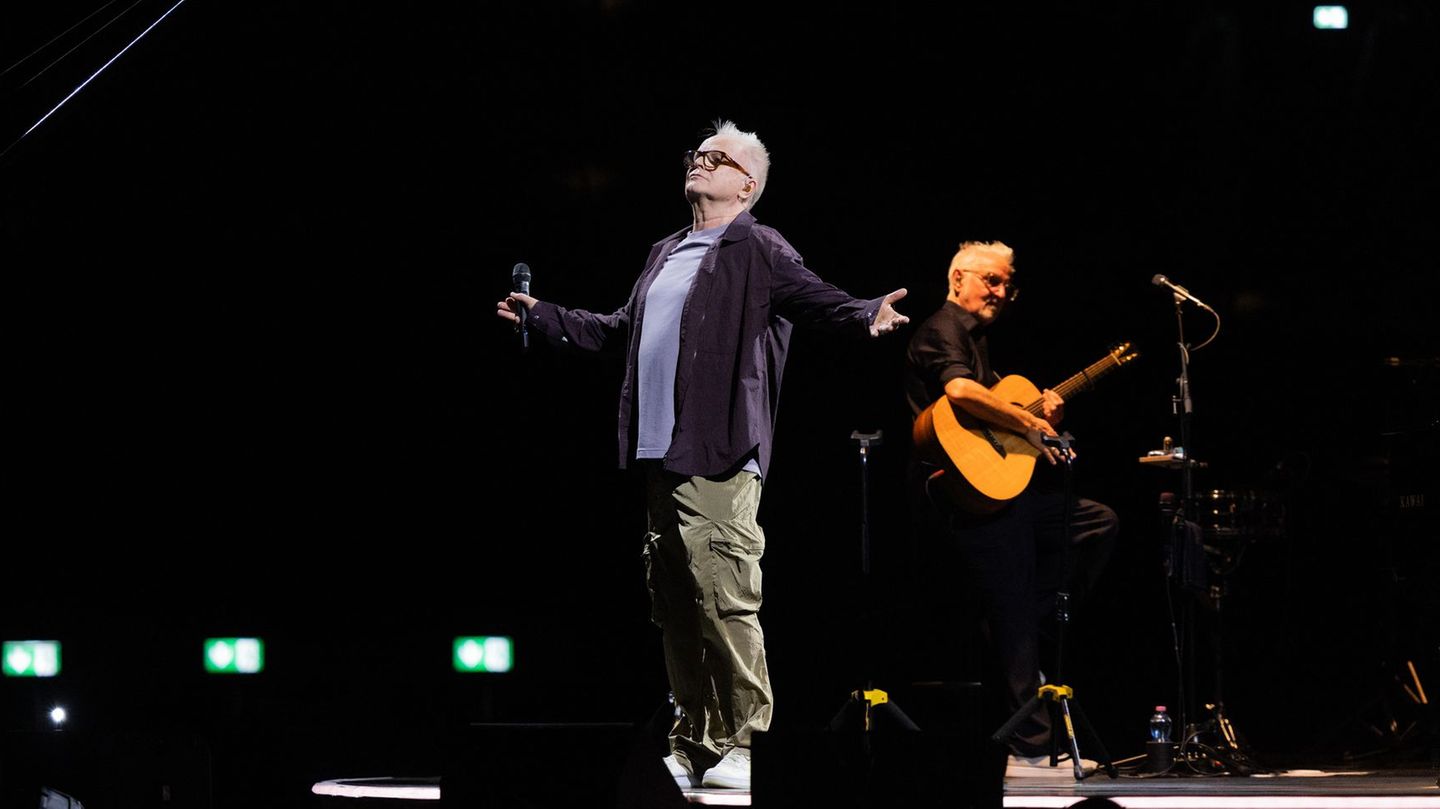Image: APA/AFP/LIONEL BONAVENTURE
In principle, the first 2,900 kWh of electricity per year for each household will still be subsidized until the end of the year, but from July 1st the subsidy will drop from up to 30 to a maximum of 15 cents per kWh. The upper limit of the energy price up to which the brake is effective falls from 40 to 25 cents.
Households should ultimately only pay 10 cents per kWh for the first 2,900 kWh of electricity per year. With the new regulation this means: If you have to pay 25 cents per kWh, you will receive 15 cents – but if you pay 30 cents it is also 15 cents. Households with more than three people also receive a subsidy of 52.50 euros per person per year; for low-income households, 75 percent of the network costs are waived. The price of electricity has fallen sharply since the brake was introduced in autumn 2022, although not yet to pre-crisis levels.
Should be an incentive for electricity providers to reduce prices
According to the government, the measure is intended to be an incentive for electricity providers to reduce prices and stimulate competition in retail tariffs. The change will be reviewed in the next few days.
- more on the subject: Strugl: Energy transition keeps electricity prices high in the long term
Wifo boss Gabriel Felbermayr has been calling for the subsidy to be halved for a long time. “This should, on the one hand, make the electricity price brake cheaper for the Ministry of Finance, and on the other hand ensure that there are more incentives for households to change their electricity provider if the 15 cents are not enough to bring the electricity price to bearable levels,” said Felbermayr last week compared to Ö1.
The skimming of windfall profits from energy companies will also be adjusted and extended until the end of 2024. In order to promote the expansion of green electricity production, 75 percent of the investment costs can now be deducted instead of the current 50 percent. Investments in the expansion of renewable energies must be made this year or in the next three years. In addition, in the future, any profit that is more than five percent above the average for 2018-2021 will be taxed at 40 percent in addition to corporation tax and all other taxes.
more from economics




